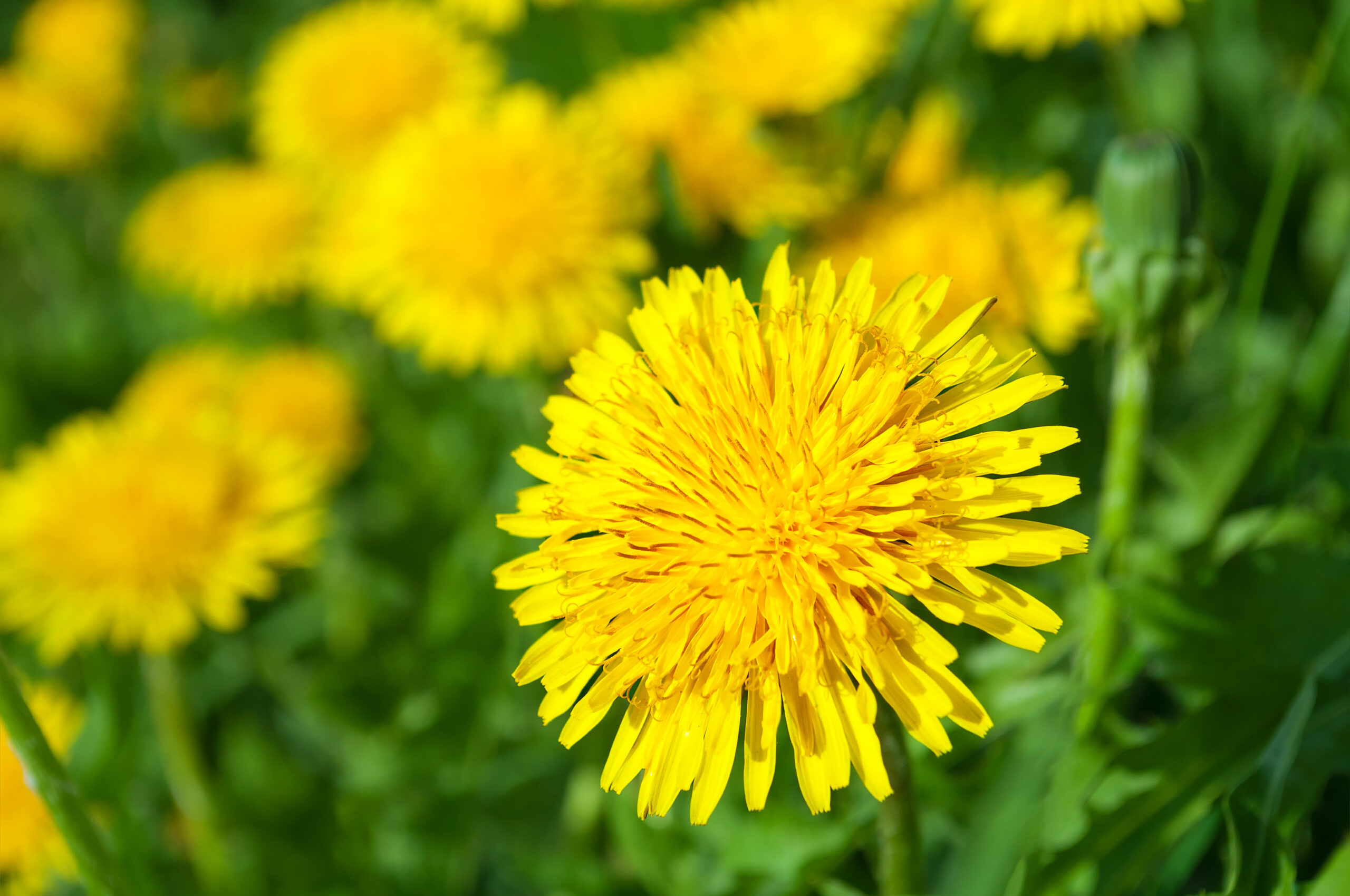
Read: Proverbs 5:16-19
There are six things that the LORD hates, seven that are an abomination to him: haughty eyes, a lying tongue, and hands that shed innocent blood, a heart that devises wicked plans, feet that hurry to run to evil, a lying witness who testifies falsely, and one who sows discord in a family (Proverbs 5:16-19, NRSV).
First, I should make it clear that this reflection has nothing to do with marijuana. If the title led you to believe otherwise—sorry. I don’t have much to say on that subject.
No, this reflection is about unwanted plants that spring up and flourish in spite of all our efforts to eradicate them.
My husband accuses me of being obsessed with weeds, and he is probably right. He has plenty of evidence. For instance, when we were on a walk the other day, and I spied a luxuriant little weed in our neighbor’s flower bed. I slowed down, hovering over it with hand outstretched. (It was mocking me, after all.) But no. Tempted as I was to put an end to its miserable little life, I straightened up, took a deep breath, and walked on. “Not my weed—not my problem,” I said—as much to myself as to my husband.
“Good for you!” he said. (He’s a therapist, so he likes to encourage boundaries.) “I’m going to get you a t-shirt that says: NOT MY WEED—NOT MY PROBLEM!”
I liked the idea at first. But the more I thought about it, the more I found myself wanting to qualify the statement. “I need an asterisk,” I argued. “Sometimes your neighbor’s weed CAN be your problem.”
So, we spent the rest of the walk composing a list for the back of my t-shirt: creeping Charlie, dandelions, purple vetch, multiflora rose, garlic mustard, Norway maples, deadly nightshade…. Some are “garden variety” weeds, and others have graduated to invasive species. But all of them spell trouble, even when they are in your neighbor’s yard.
Sometimes, even if it isn’t your weed, it’s still your problem.
God seems similarly obsessed with certain noxious behaviors in today’s passage from Proverbs. All of them have one thing in common: they have a catastrophic effect on community. Your neighbor’s lie, for instance, can quickly become a problem for a lot of people.
We don’t have to look very hard for contemporary examples of this. The bigger the lie, the bigger the problem, as we’ve seen all too clearly of late. But other behaviors and/or attitudes can have a similarly noxious effect. Racism, sexism, and good old garden variety greed spring to mind. And all of these behaviors press us to ask some hard questions of ourselves and of our society. Questions like: When does one person’s freedom become everyone else’s problem? When that happens, what do we do about it?
I do not know the answers to those questions, but I do know that the health of our communities depends on how we address them.
It’s not going to be enough to proclaim: Not my weed—not my problem. These weeds are everybody’s problem.
Ponder Peter W. Marty’s words about our nation’s need to reevaluate our relationship with guns. Marty’s editorial, “Becoming Disenthralled,” is in the April 21, 2021 edition of the Christian Century.
Pray: Grant us wisdom and courage, God, as we struggle with complex problems. Help us to see the weeds in our own garden as well as in those of our neighbors.
